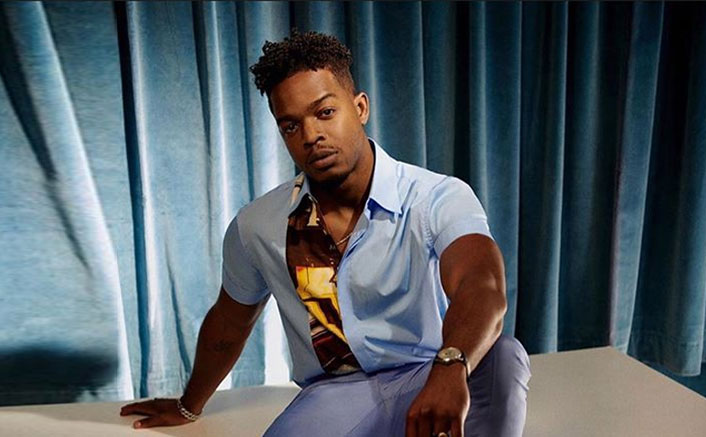Homecoming Fame Stephan James Thinks Direction Is His Future
He rose to prominence in the role of track and field sprinter Jesse Owens in 2016 film "Race".
by IANS
“Homecoming” star Stephan James is spending his lockdown period trying things he “never knew” he could do, and says he is trying his hand at writing at the moment.
He also wants to go behind the camera.
“I’ve certainly had directorial aspirations for quite some time now. I’ve been very lucky and fortunate to work with incredible directors in my short career,” James said.
“To be able to learn from them and each of the processes has been something that I haven’t taken for granted. So yeah, I definitely think that directing is in my future. Probably my near future as I’m looking at different ways to challenge myself and to expand my knowledge,” he added.
The actor continued: “And so yeah, writing comes with that as well. I am trying my hand at writing you know, this quarantine (period) has afforded me the opportunity to do things I never knew I could do really. And writing is one of those things. So I’m grateful for that.”
He rose to prominence in the role of track and field sprinter Jesse Owens in 2016 film “Race”. He featured in Oscar-winning Barry Jenkins’ 2018’s “If Beale Street Could Talk” and starred alongside Chadwick Boseman in 2019’s “21 Bridges”. He received a Best Actor Golden Globe nomination for his portrayal of war veteran Walter Cruz in “Homecoming” season 1 opposite Hollywood star Julia Roberts.
James returned as Walter Cruz in Amazon Original’s “Homecoming” season 2. Janelle Monae is bringing alive the journey of Jackie, a military veteran who wakes up stranded in a boat with no memories of her past and how she ended up in the boat. The second season of “Homecoming” went live on Amazon Prime Video earlier this month.
Talking about the power of taking the “colourless” role in “Homecoming'”, he said: “It meant a lot, honestly. And I didn’t really fully grasp that until afterwards that, you know, Walter could have been from anywhere. He could have looked like anyone. To me, it’s really important that it was someone who looks like me. Too often do we get to see the story told from, you know, maybe from Caucasian character’s perspective, but we’re never able to see what this means in the context of being a black man. I didn’t take that lightly at all what that meant, when I had veterans coming up to me, telling me that it meant so much to see someone like me on screen who battled the trials and tribulations of these veterans. So it’s definitely not lost on me, in my representation of this character and in this story.”